Projects (15)

Strategies for Verification of Self-Monitoring and Reporting on Air Emissions Workshop
2021 - 2022 | Completed
Online Workshops on Operator self-monitoring air emissions were held on 28th September and 11thOctober 2021, organised by the IED Implementation IMPEL Project. The workshops were focused on Operator self-monitoring, on emissions to air, continuous and non-continuous, focused on the reliability of self-monitoring and its reporting by operators (duty-holders).
Read more +
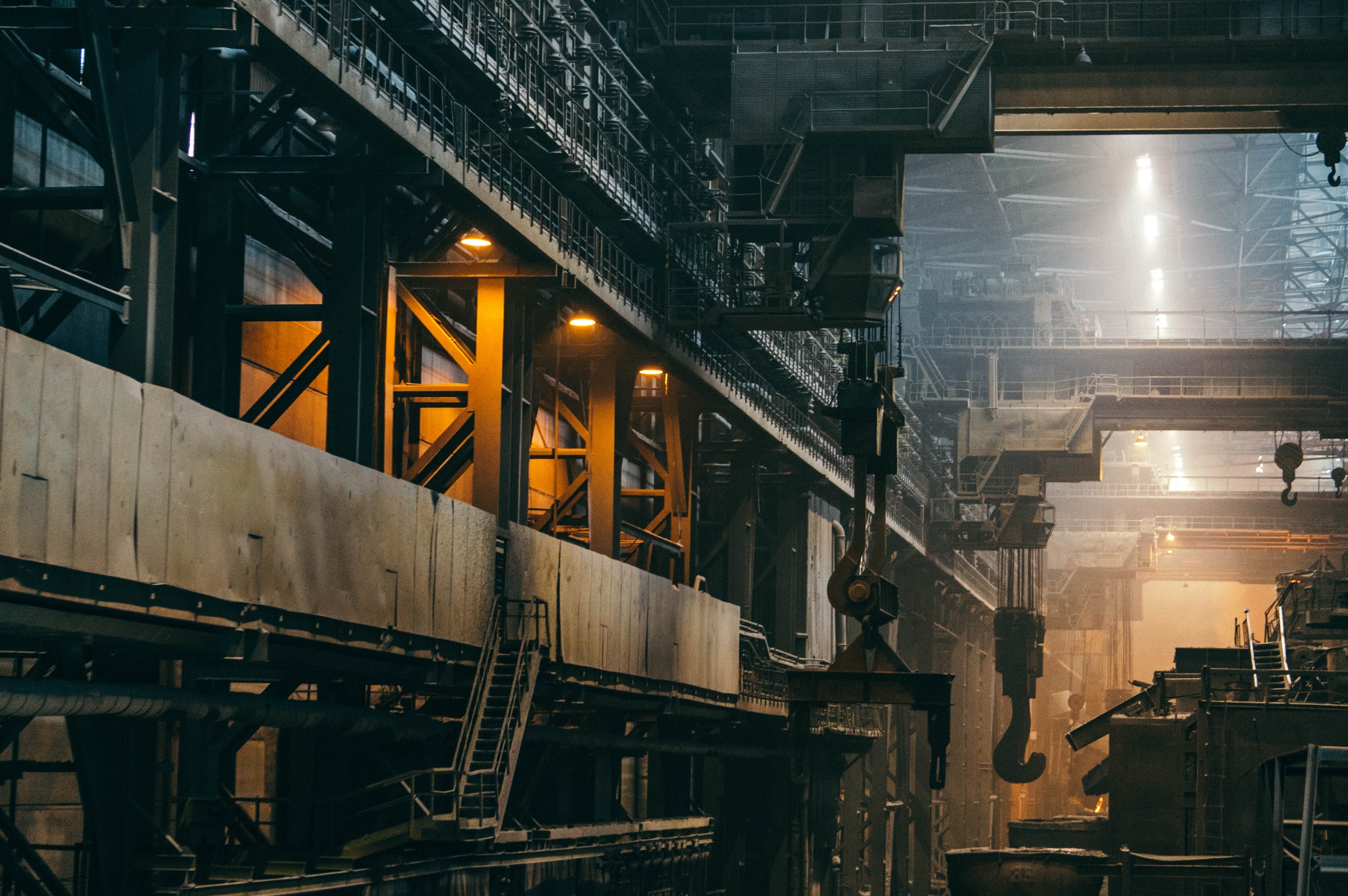
Supporting IED Implementation
2015 | Ongoing
The project aims to share knowledge and good practices among regulatory professionals and developing guidance and training materials to support the effective implementation of the Industrial Emissions Directive (IED). Specific outcomes of the project over the next four years (2021-2024) will be:
Read more +

IED Baseline Report
2015 - 2017 | Completed
The Baseline Report has been introduced in European law since only a few years. Nonetheless, some Member States have already acquired a considerable experience regarding soil investigations, with well established procedures based in some cases on decades of practical experience.
The aim of the IED Baseline Report is primarily the assessment of the soil quality at the start of the renewal of the permit of a industrial activity as to establish an initial state. The objective is to provide a basis for comparison upon definitive closure of the activity, as to make possible the application of the “polluter pays principle” on a objective basis.
Read more +
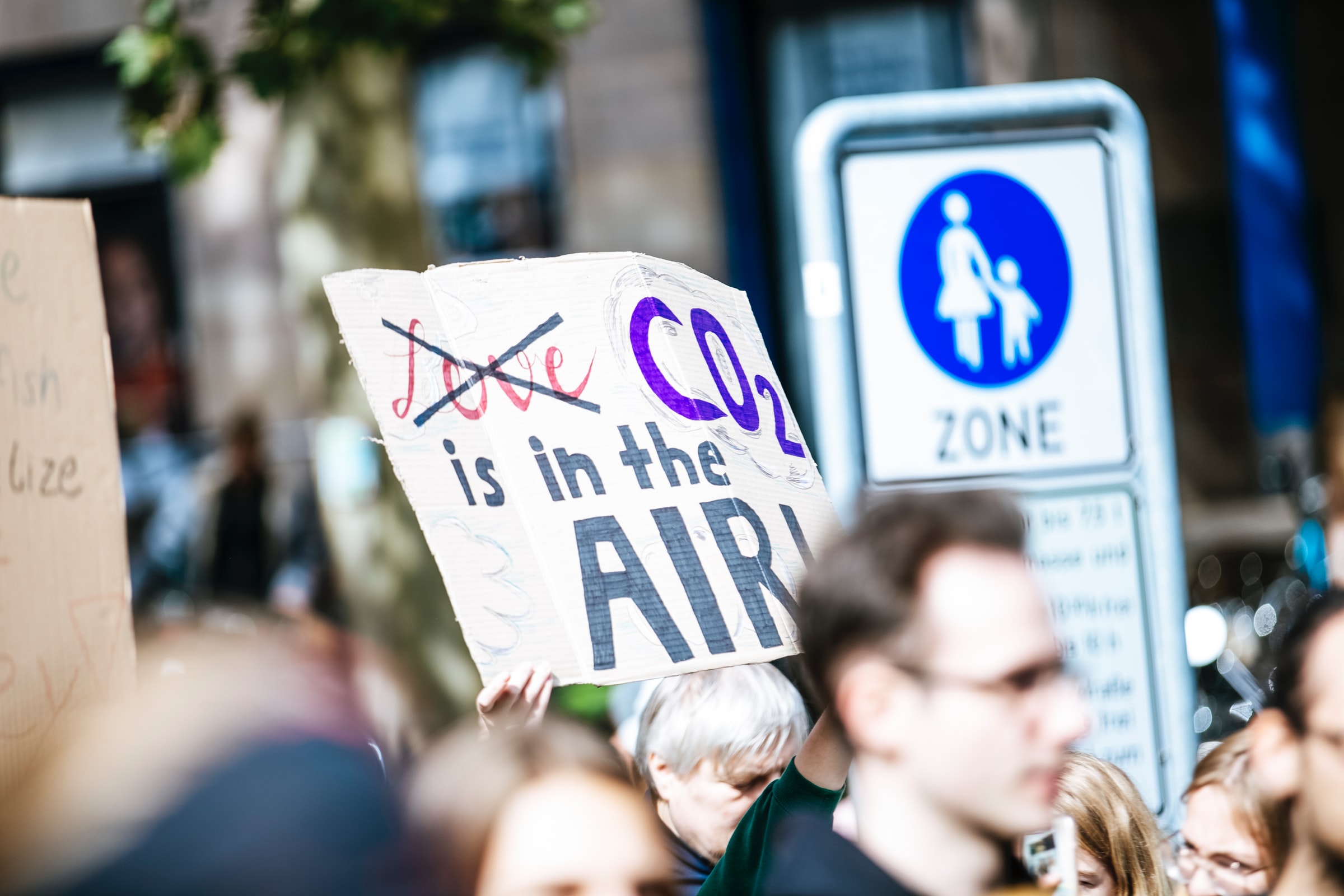
Experience of Derogations from IED BAT-AEL’s
2014 - 2016 | Completed
Article 15 paragraphs 4 & 5 of the Industrial Emissions Directive 2010/75/EU (IED) allow IMPEL´Members to determine that in certain circumstances a less strict Emission Limit Value (ELV) than the BAT-AEL may be set in a permit. Member States are developing their own proposals for implementation which will subsequently be reviewed by the Commission. The Commission has not published guidance on how the determination should be carried out. This could lead to varying interpretations across IMPEL Member Countries. This project will aim to identify good practice and help regulators in IMPEL to develop a more consistent approach to IED derogations.
Read more +

Environmental inspections of industrial installations in accordance with the Industrial Emissions Directive (IED)
2012 - 2013 | Completed
The objective of this project was to organise an exchange of information concerning best practices for the implementation of article 23 and other inspection relevant articles of the IED. Taking into account the guidance on inspection planning and risk appraisal already developed by IMPEL as well as the requirements of the IED an interactive guidance book on IED inspection was developed.
Read more +
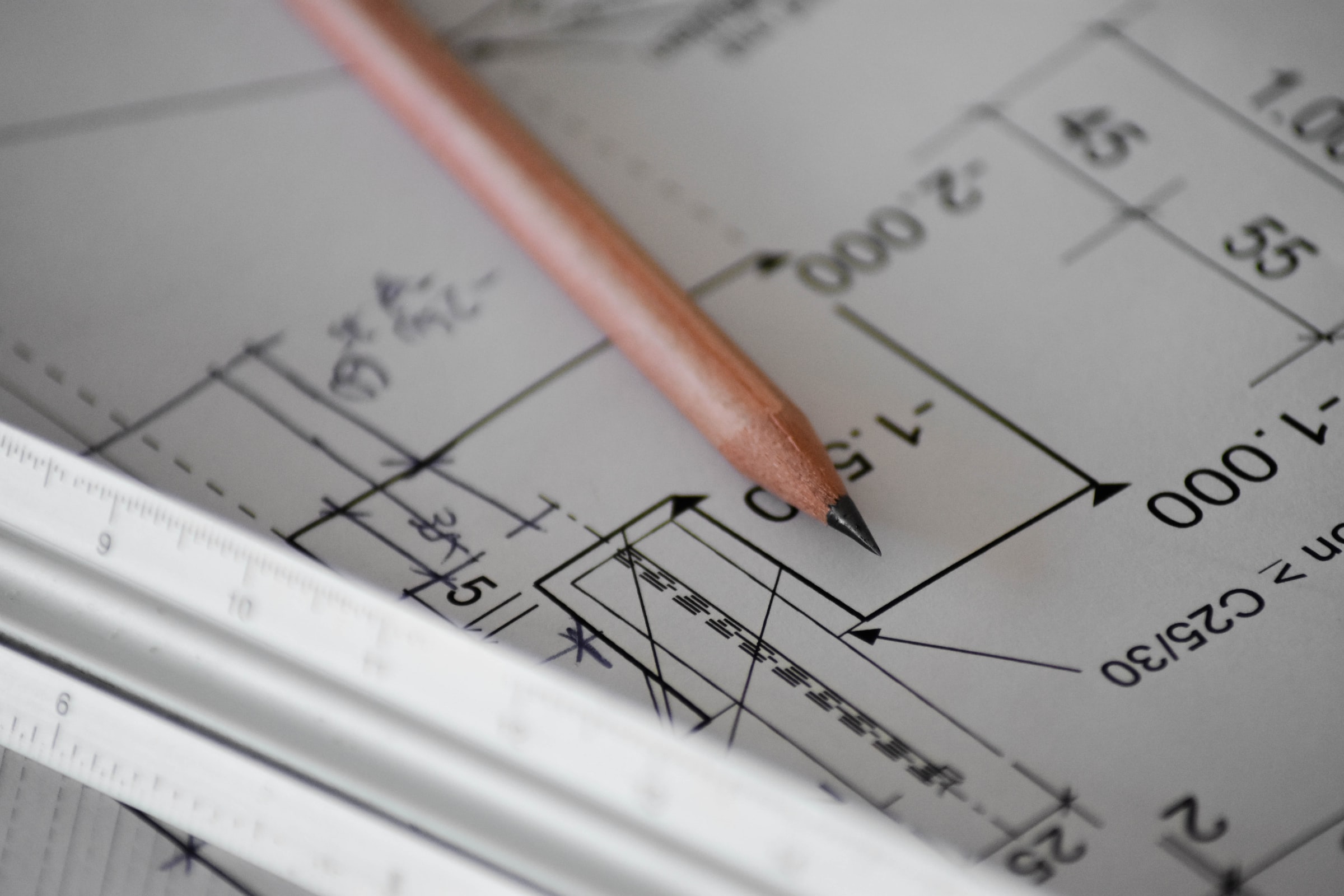
The transition to IED permits and how to deal with substantial change at a permitted facility
2012 - 2012 | Completed
On 6 January 2011 the Industrial Emissions Directive entered into force, and its provisions listed in Article 80(1) have to be transposed into national law within two years. Under the IED it is possible that for many industrial sectors reviews of existing permits will be required in order to address the requirements of the BAT Conclusions in the relevant BREF (Article 3(11) and 3(12)). Under existing Directives, Member States implement various systems to deal with changes taking place at facilities. These changes are made to permits in various formats and guises including agreed changes to Permits, variations to Permits, Technical Amendments to Permits and so on. Article 20 of the IED deals with changes by operators to installations and Article 63 deals with Substantial Change to existing installations. These provisions will require a new approach by Member States in how to decide if a full review of a Permit is required or is a more informal change approval system is adopted.
Read more +
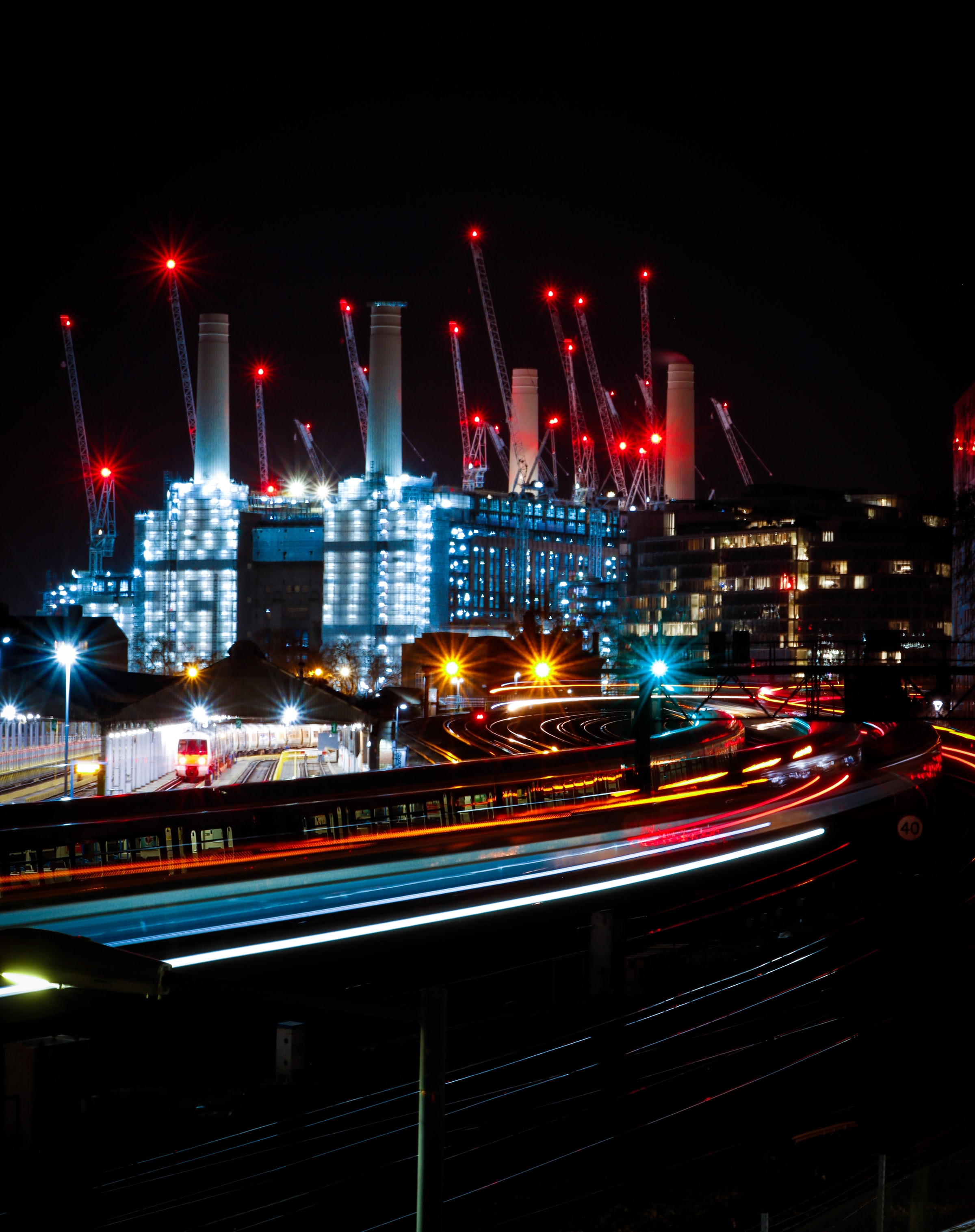
Linking the Water Framework and IPPC/IE Directives
2010 - 2013 | Completed
The IPPC Directive 2008/1/EC (now IED 2010/75/EU) and Water Framework Directive 2000/60/EC are two of the most wide-reaching items of EU environmental law. They have presented many challenges to the Member States. Installations regulated under IPPC may impact on the water environment, such as through direct or indirect discharges of pollutants, water abstraction, etc. IPPC requires installations to operate to conditions in permits compliant with Best Available Techniques (BAT). They are also required to respect environmental quality standards established in EU law, including those derived under EU water law. However, the relationship between the two sets of obligations is often far from simple.
Read more +
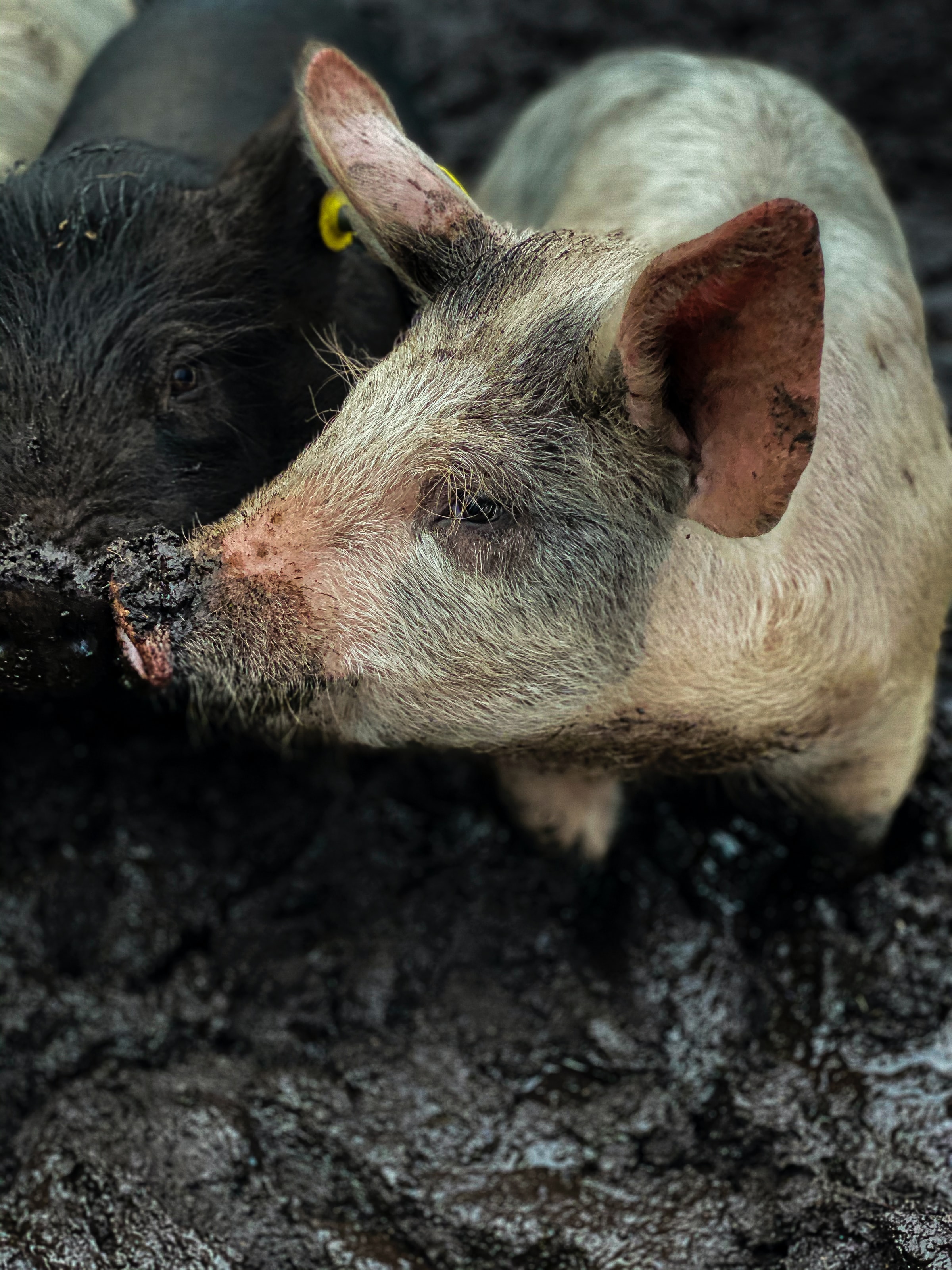
Improving permitting and inspection of IPPC pig farming installations by developing practical guidance
2009 - 2013 | Completed
In 2009 a comparison programme on permitting and inspection of IPPC pig farming installations in IMPEL member countries was carried out (phase I). The project focused on five key issues: manure storage, manure spreading, animal housing system, air-abatement systems and odor assessment. The aim of the project in 2009 was to learn from each other, to exchange experiences and identify good practices.
Read more +

Reporting to the public
2008 - 2009 | Completed
The objective of the project was to identify what core information on environmental inspections carried out should be provided to the public and how this information can best be provided, especially via electronic means (Internet), and to give recommendations. The project was successful in finding out what information is made available to the public and in what form it is available.
Read more +
.jpg)
INSPECT-CEM – Enviromental Inspection Guidelines for the Cement Clinker Industry
2007 - 2009 | Completed
Cement production process is a complex industrial activity that can potentially affects environment with high impacts. Facing different experiences and know-hows demonstrated that monitoring only stack emissions cannot be an efficient control strategy; it’s important to implement an integrated control action that takes into account also production process and technologies adopted, as a stable and controlled process conduction is the first guarantee of compliance assurance.
Read more +

Resolution of environmental conflicts by neighbourhood dialogue
2005 - 2010 | Completed
This project consist of four phases, carried out between 2005 and 2010.
Neighourhood dialogues prevent, manage and resolve conflicts effectively and efficiently by building up trust, by looking for win-win solutions and by creating sustainable good neighbourhood relations. Their goal is to share information openly, to develop recommendations for the company and sometimes even to cooperate and negotiate to agree on a solution.
Read more +
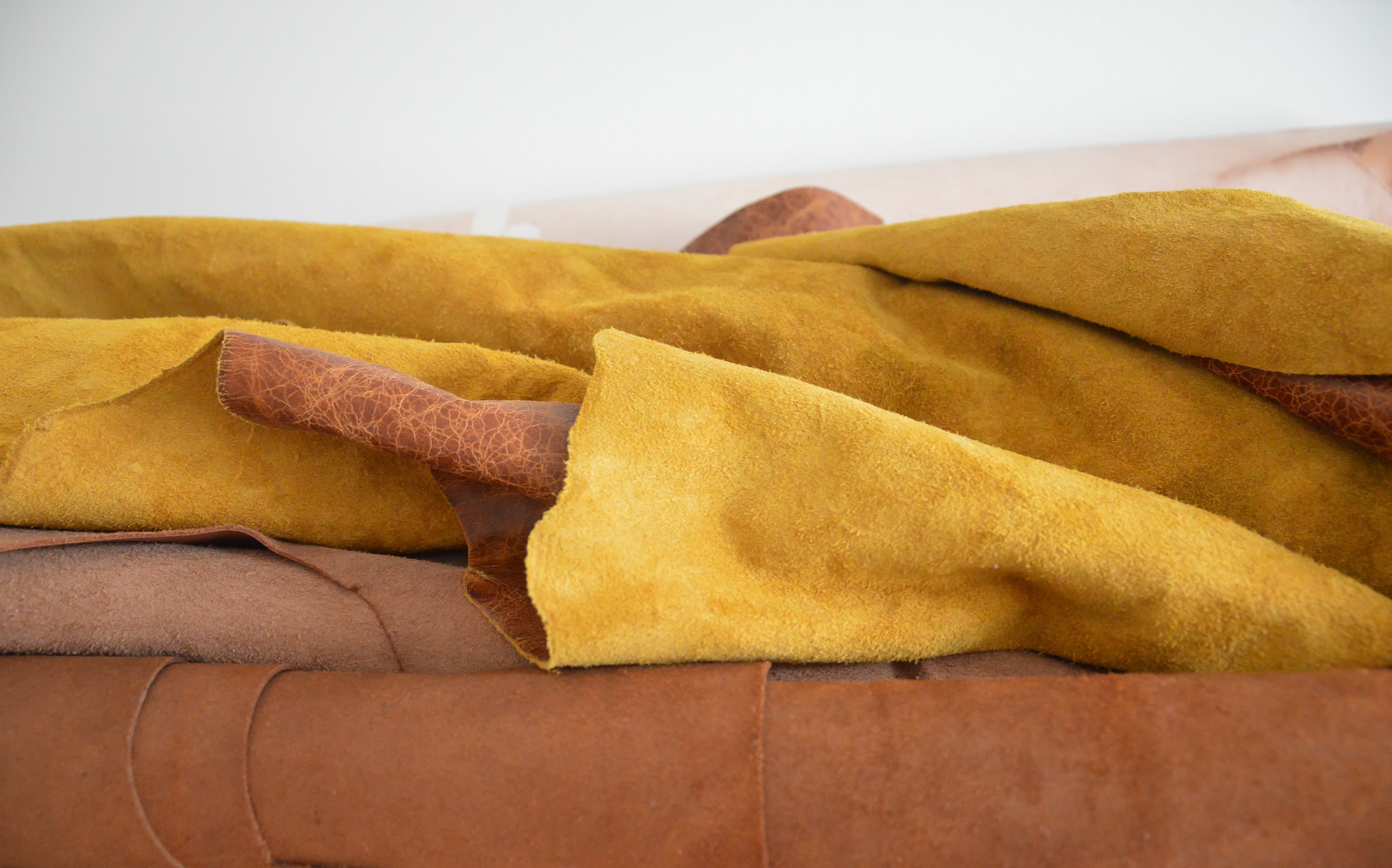
INSPECTAN: Environmental Inspection Guidelines for the Tanning Industry
2004 - 2005 | Completed
The present report originates from the results of a questionnaire, discussed in meetings held over the interval October 2004 – June 2005. The discussion concentrated on the economics; the production processes; laws and regulations; inspection procedures. The report is conceived as a tool for the public bodies involved in controls and in monitoring activities on the tanning industry. To this end it collates the experiences of several European contexts of the leather and tanning industry.
Read more +
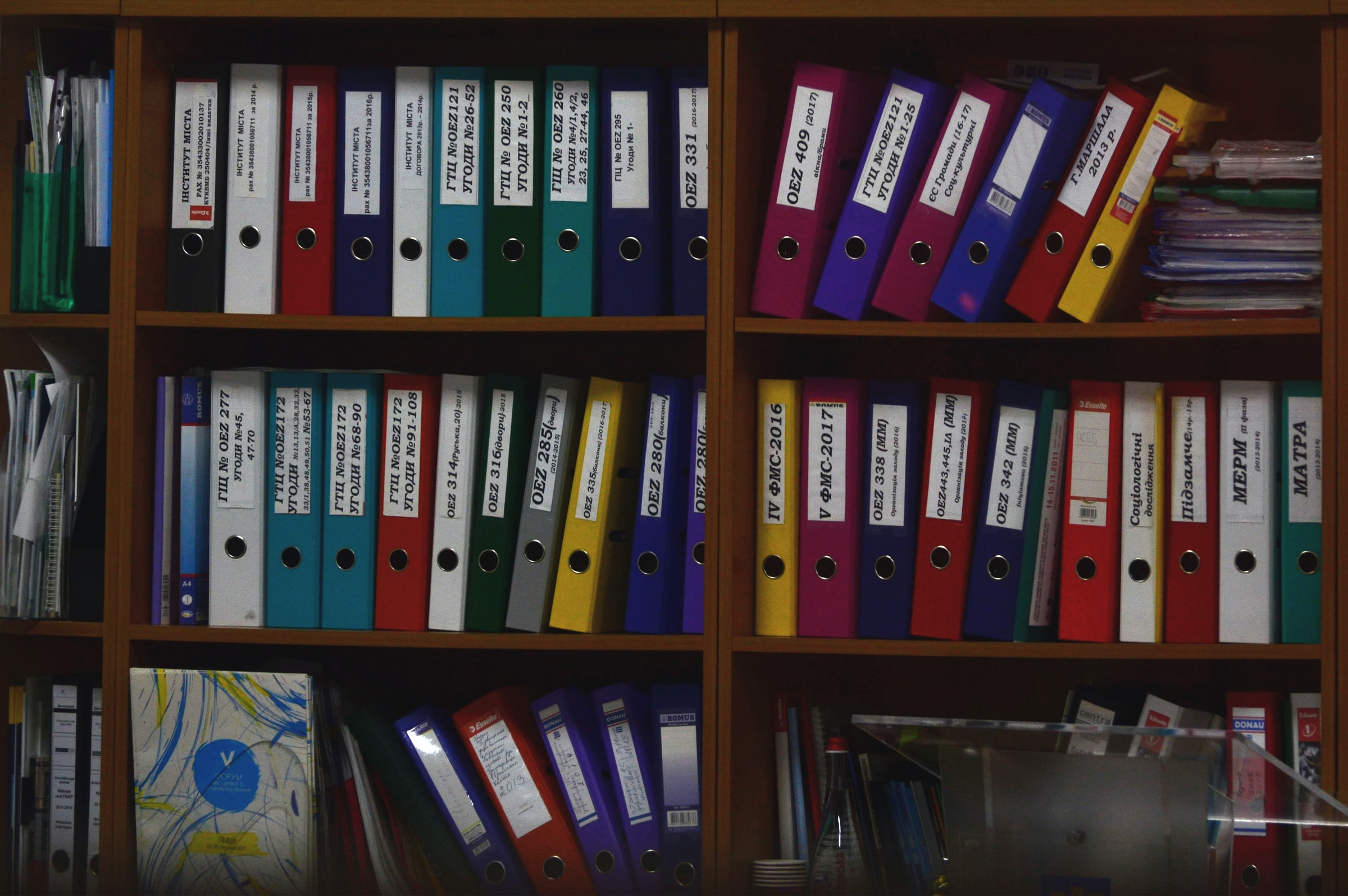
Implementation and use of BREFs
2004 | Completed
The main objective of this IMPEL project has been to undertake an information exchange about real BREF use and BAT implementation, between IMPEL members and operational authorities in charge in the Member States of BREF diffusion and BAT implementation.
Read more +
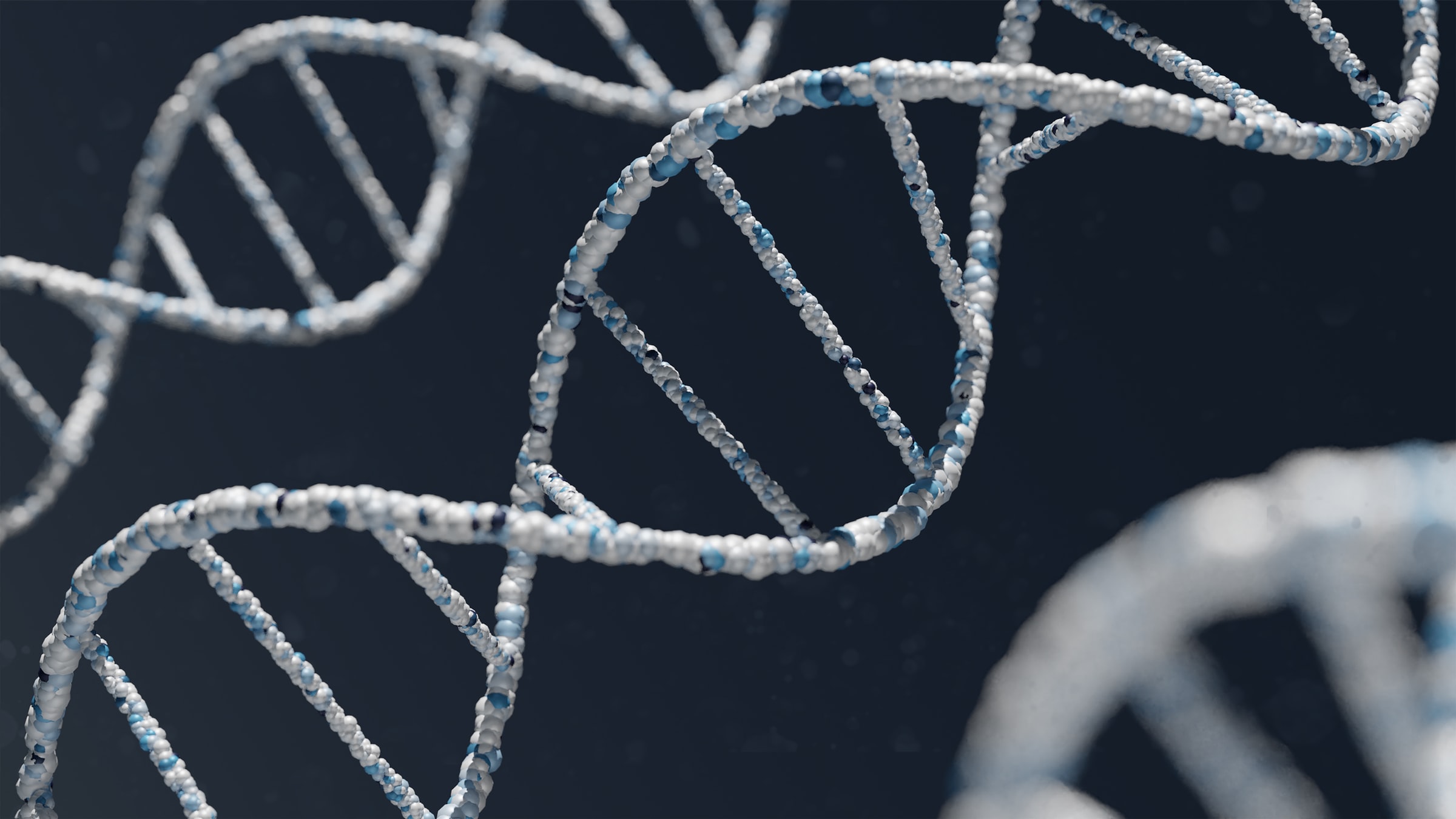
Consideration of Human Health through IPPC
2003 - 2004 | Completed
This project was undertaken to prepare a report on how human health effects are taken into account in the various stages involved in permitting within the Integrated Pollution Prevention and Control (IPPC) Directive. By considering the current varied approaches of Member States to this issue a good practice guide has been developed. This guide will assist Member States by identifying common principles and procedures which they can consider in their implementation of the IPPC Directive. IPPC provides a stronger emphasis than any earlier legislation on protecting human health through environmental regulation. The project identified that in most European Member States (MS) the responsibilities for health protection and environmental protection do not rest with the same body. Implementing IPPC is therefore challenging and requires significant co-operation.
Read more +
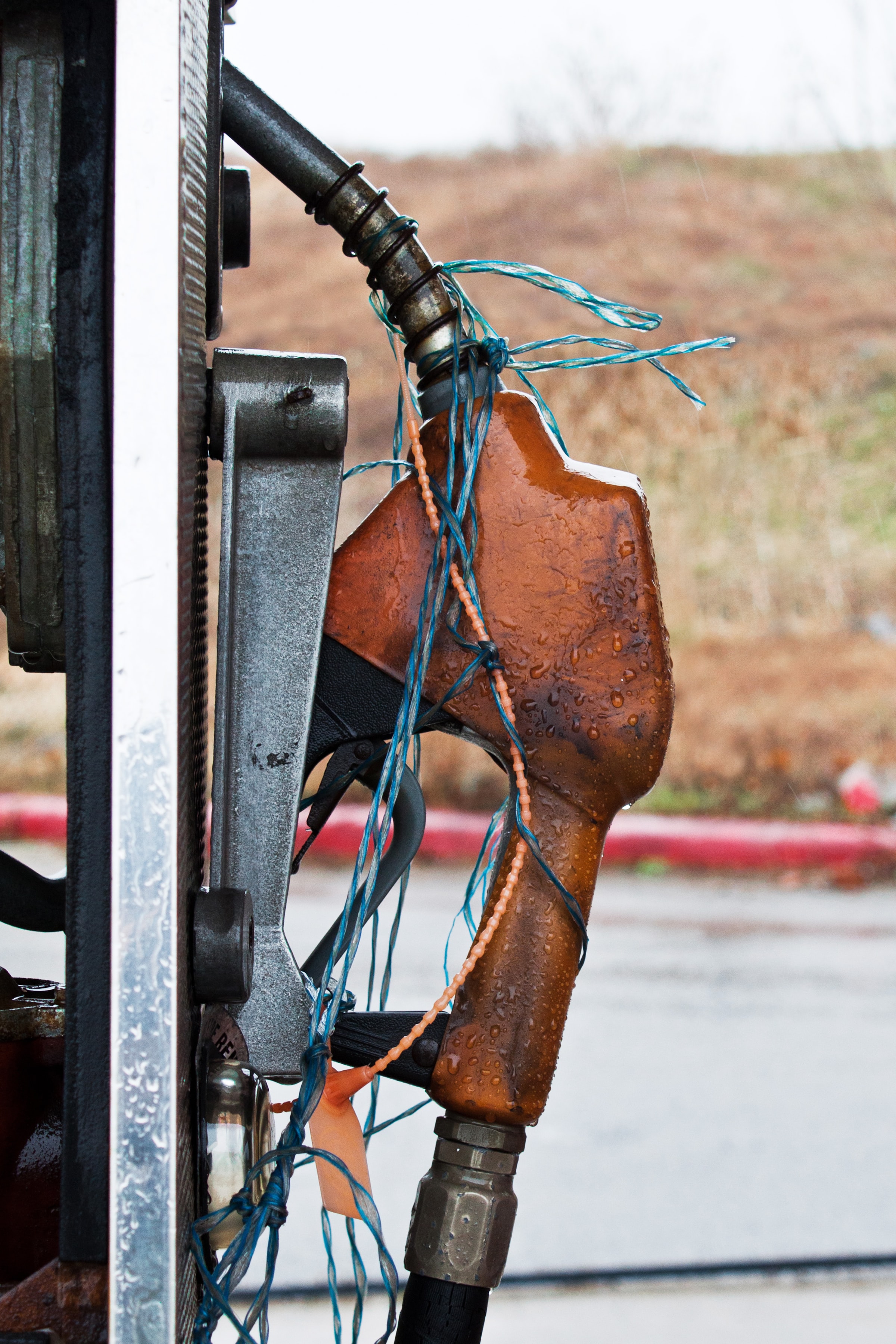
The use of volatile organic compounds (VOC) and Chlorinated Hydrocarbons
2000 - 2005 | Completed
The objective of this project is to exchange information on the implementation of the VOC directive between experts and/or inspectors. During an IMPEL-workshop, information about VOC-regulations in the Directive and some national laws were presented to the participants. The main focus was the discussion of the prepared case studies in small working groups, which consisted of between 8 and 16 members each. The main results were:
Read more +